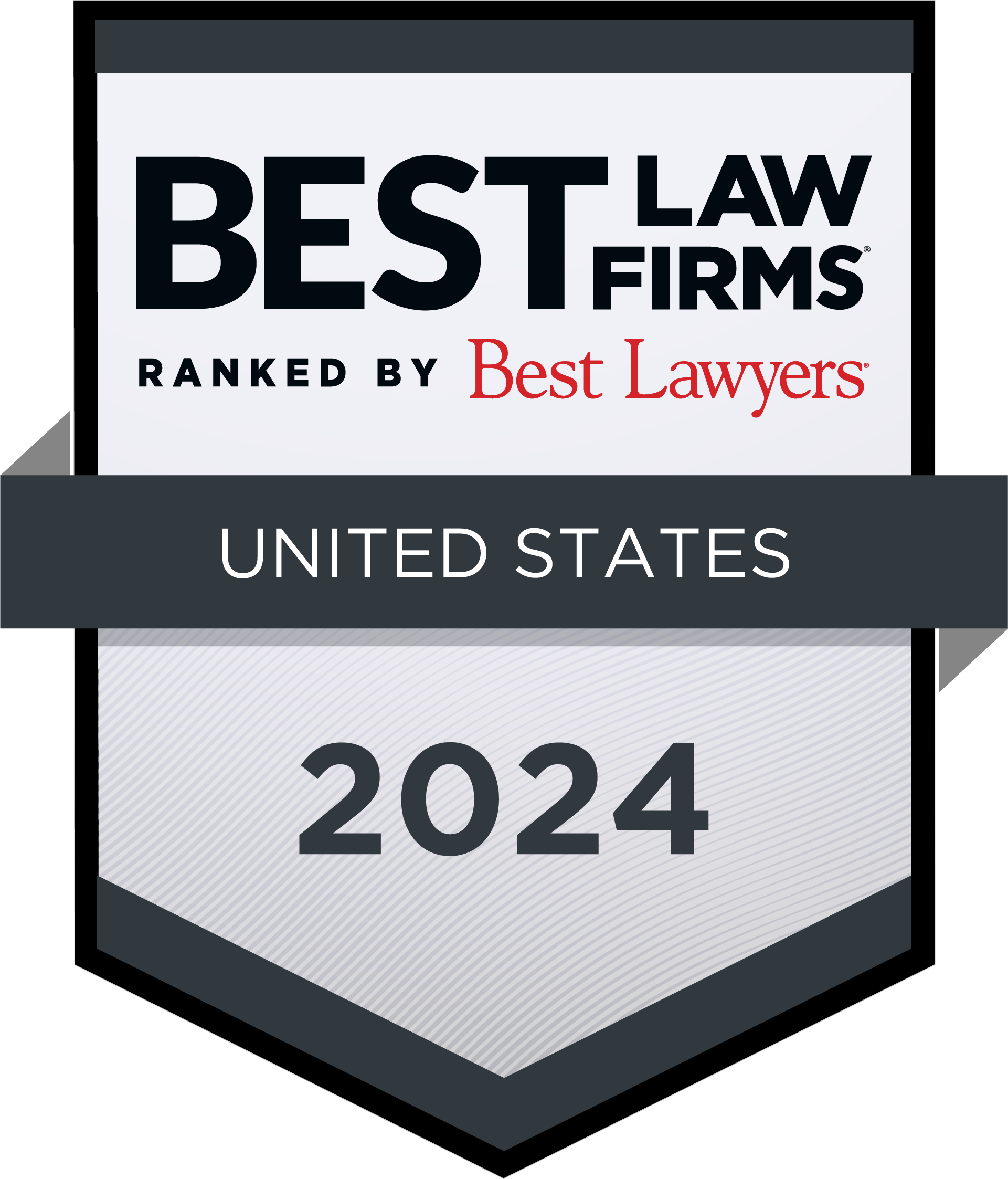by Joseph Brophy for the Maricopa Lawyer, a publication of the Maricopa County Bar Association
It is undoubtedly important that lawyers conduct themselves with integrity. The courts and state bars around the country play an important role in protecting clients and the public from dishonest lawyers. However, just as with anything else, it is possible to overdo it. A recent case from Kansas provides an illustration.
Lawyer enjoyed a nice day of golf with his mother at a club in Wellington, Kansas. When Lawyer was returning his golf cart, he accidentally ran the golf cart into the back of a pickup truck that was parked and unattended in the parking lot. Both vehicles were damaged. Lawyer returned the golf cart and left the golf club without telling anyone about the accident.
The pickup truck’s owner and the golf club identified Lawyer by checking the camera footage from the parking lot. The golf club reported the hit and run to the police. When he was interviewed by the police, Lawyer denied falsely knowing that either vehicle was damaged. He was cited for violation of the duty of a driver upon damaging an unattended vehicle, a misdemeanor. The matter was originally in municipal court, but the city prosecutor referred the matter to the Kansas attorney general. At some point during the eight months that this was all playing out, Lawyer paid for the damage to both vehicles, an arrangement that was reached outside of any judicial process. No civil lawsuits were ever filed.
Another attorney filed a bar complaint against Lawyer regarding Lawyer’s dishonest conduct. Who was this good citizen who went out of his way to protect consumers of legal services from this menace behind the wheel of a golf cart? It was an attorney against whom Lawyer had previously filed a bar complaint. No doubt the history between Lawyer and the complainant was just a coincidence.
The Kansas State Bar refused admonishment or diversion and suspended Lawyer’s license. The bar wanted a suspension of Lawyer’s license and to impose a “practice supervision plan” on Lawyer. Lawyer appealed. Eventually, the matter came before a very unimpressed and somewhat bewildered Supreme Court of Kansas.
Justice Caleb Stegall set the tone with the first question at oral argument, which was directed to counsel for the Kansas State Bar: “Help me understand why this is not essentially a silly exercise over a busted tail light which everyone who actually was involved resolved through common sense and outside the confines of the Kansas Supreme Court’s courtroom.”
Justice Melissa Taylor Standridge had very pointed questions about the complaining attorney’s history with Lawyer and raised the possibility that the charges against Lawyer were the product of a retaliatory bar complaint. The court also questioned why the bar wanted to impose a practice supervision plan as a condition of reinstatement when Lawyer’s practice habits were not at issue. Counsel for the Kansas State Bar was backpedaling for most of the argument.
This is not to say that the Supreme Court of Kansas liked or endorsed how Lawyer conducted himself. The court repeatedly confirmed that Lawyer denied knowing about damage to the vehicles when in fact he was aware both vehicles were damaged. But the questions the court asked at oral argument gave the sense that that they were troubled that something so minor resulted in attorney discipline where the practice of law was not remotely implicated.
The court appeared to be hinting at the issue of the appropriate reach of attorney regulation. Is “a lawyer always a lawyer” no matter where he goes or what he is doing, and therefore subject to discipline, even in nonlegal matters as minor as a fender bender on private property? Or, absent a serious crime, should the attorney discipline process be limited to attorney actions that involve a connection
to a judicial proceeding or a client? We will have to await the court’s opinion, but it would not be surprising if the attorney faced no discipline to send a message to an overzealous Kansas State Bar.
About Joseph. A. Brophy
Joseph Brophy is a partner with Jennings Haug Keleher McLeod in Phoenix. His practice focuses on professional responsibility, lawyer discipline, and complex civil litigation. He can be reached at jab@jkwlawyers.com.
The original article appeared in the February 2023 issue of Maricopa Lawyer and can be viewed here:
https://jkwlawyers.com/wp-content/uploads/2023/02/230212-ML.pdf.




